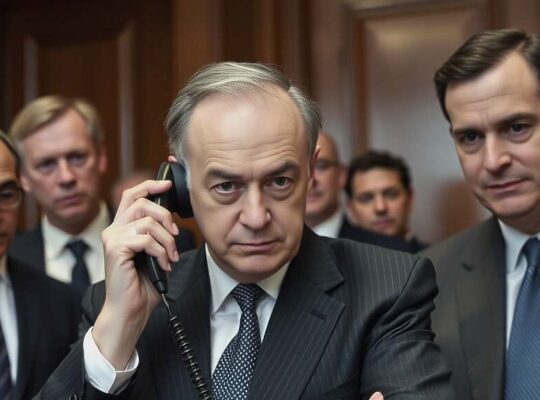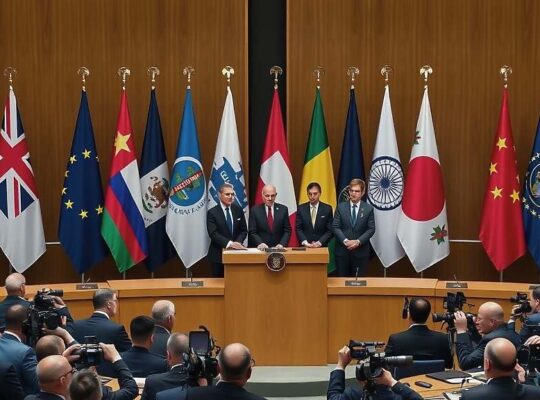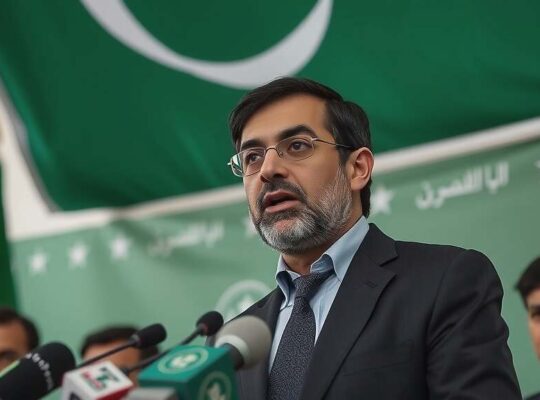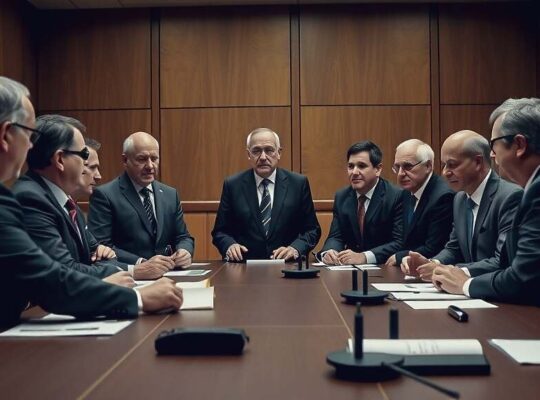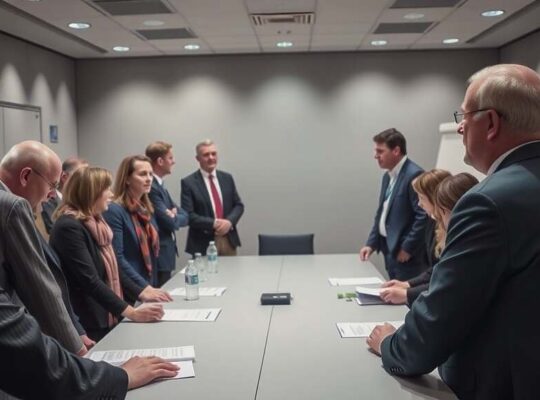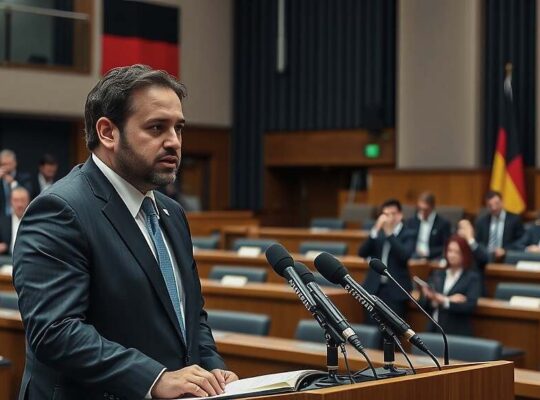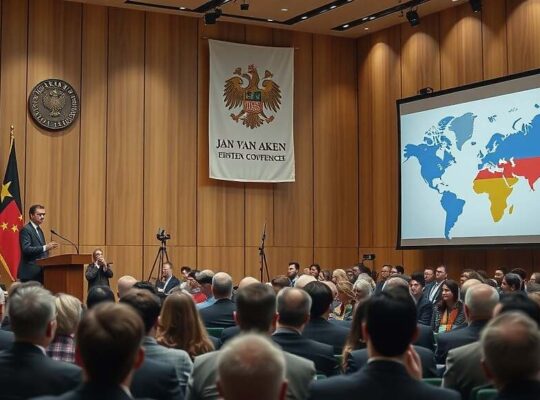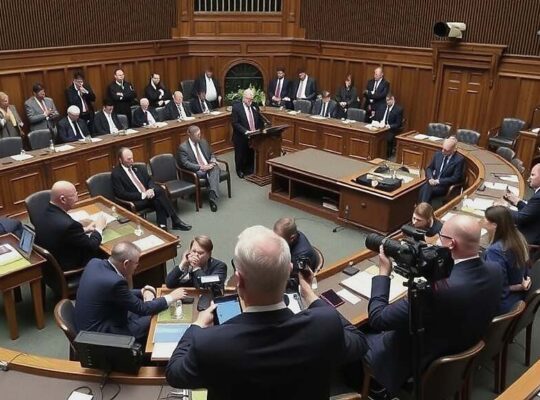The decision by the Association of Family Businesses to consider dialogue with the Alternative for Germany (AfD) party has ignited a firestorm of criticism, raising concerns about the normalization of a political force widely seen as detrimental to Germany’s economic stability and international standing.
Gitta Connemann, the national chairwoman of the Mittelstands- und Wirtschaftsunion (MIT), forcefully condemned the move, stating unequivocally that the AfD is “no partner for small and medium-sized enterprises”. In an interview with the Handelsblatt, she warned that the party’s platform and stance pose a “massive” threat to the competitiveness of Germany as a business location. Connemann specifically highlighted the risks for export-oriented companies, arguing that an AfD-inspired nationalist economic policy would actively sabotage exports, disrupt supply chains and decimate jobs. A retreat from European cooperation and abandonment of the Euro, also frequently advocated by the AfD, were deemed explicitly counterproductive for German businesses.
Marcel Fratzscher, President of the German Institute for Economic Research (DIW), echoed these concerns, cautioning against treating the AfD as a conventional political entity. He warned that such a posture “could inflict considerable damage to the German economy, both domestically and abroad”. Fratzscher emphasized that business associations and companies should not prioritize short-term economic gains, but rather articulate and publicly defend clear political and societal positions.
Martin Herrenknecht, a prominent entrepreneur in the tunneling industry, expressed similar reservations. He described softening the “firewall” against the AfD as sending the “wrong signal”. Herrenknecht argued for measured consideration and careful assessment of acceptable dialogue formats. His criticism extended to the current German government’s policies, citing the contentious debate surrounding pension reform as an example of how political uncertainty can create fertile ground for radical forces. He suggested Chancellor Friedrich Merz faces significant pressure and criticized the ruling coalition for appearing “ideologically bankrupt and unstable”.



